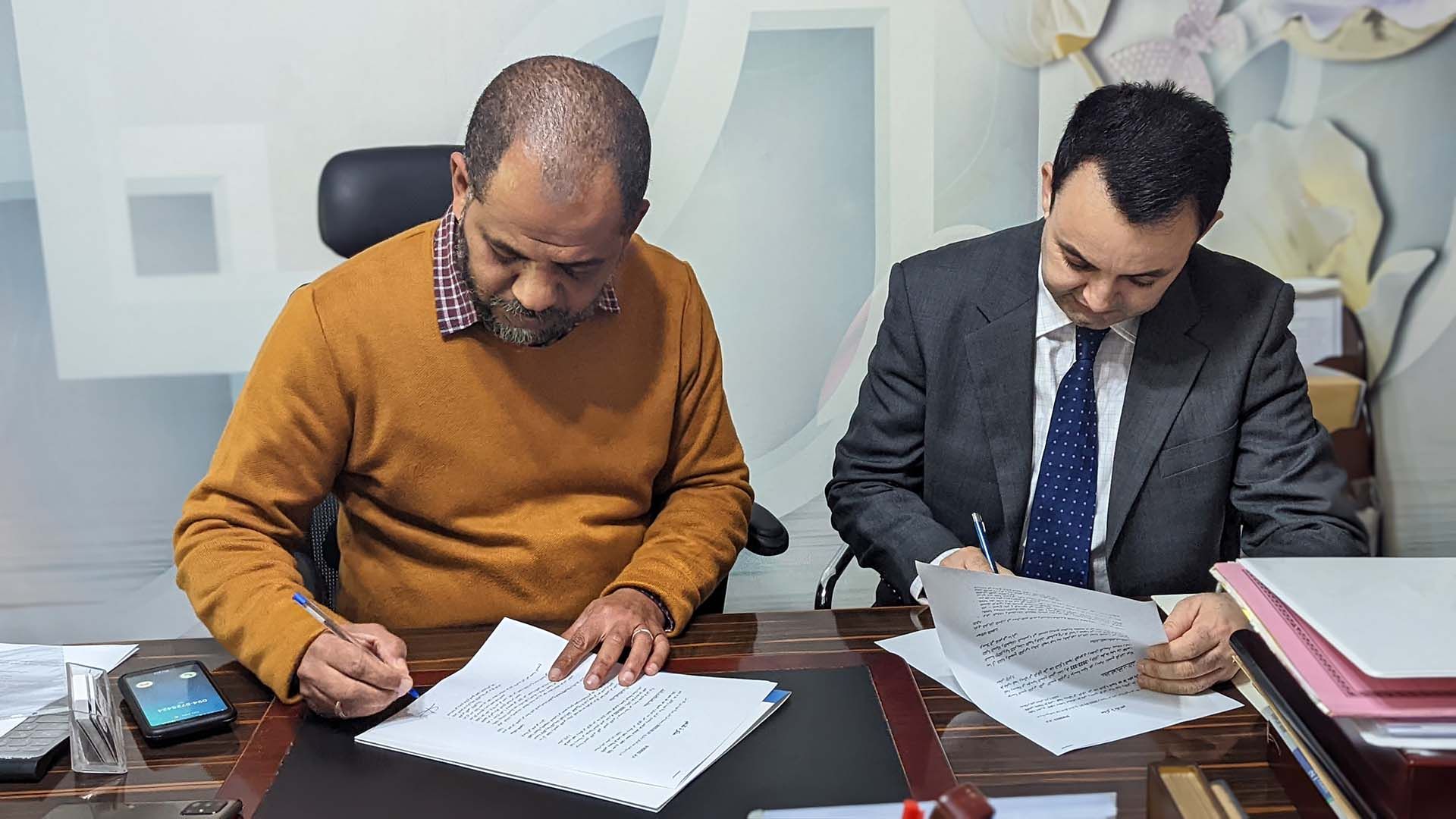Understanding the Legal Framework for Businesses in Libya. The Libyan legal framework for businesses is a complex structure of laws and regulations governing companies' operations. Understanding these laws is critical to establishing and running businesses in Libya. This article provides an overview of the principal laws applicable to companies in the country.
- Law No. 23 of 2010 on Commercial Activity: This law governs the regulations related to commercial transactions and contractual agreements. It provides guidelines for conducting business and sets penalties for violations.
- Law No. 12 of 2010 on Labor: These laws stipulate rules and regulations related to employment relationships, workers' rights, contracts, work hours, wages, and workplace safety.
- Law No. 10 of 2010 on Customs: This law regulates the rules and procedures related to import and export activities. It stipulates customs duties, documents, and regulations for restricted and prohibited goods.
- Law No. 7 of 2010 on Income Taxes defines the income tax framework for individuals and corporate entities in Libya. It includes provisions for calculating taxable income, deductions, and exemptions.
- Law No. 19 of 1992 on Production Tax relates to levying taxes on certain industrial and commercial activities. It may include rules on calculating and paying these taxes.
- Law No. 22 of 2010 on Communications: This law regulates the provision of communication services. It includes rules on licenses, network infrastructure, competition, and consumer protection in the telecommunications sector.
- Law No. 13 of 1980 on Social Security: This law outlines guidelines for social security programs, including retirement, disability benefits, and other social insurance programs. It also includes obligations on employers to pay contributions.
- Law No. 1 of 2005 on Banks: This law governs the activities of banks and financial institutions. It includes rules on banking licenses, governance, minimum capital requirements, lending, and reporting.
- Law No. 93 of 1976 on Industrial Security and Labor Safety defines rules and regulations to maintain industrial security and safety at the workplace. It may include provisions on protective equipment, hazard communication, emergency response, and accident reporting.
- Law No. 2 of 2005 on Combating Money Laundering: This law establishes procedures, regulations, and responsibilities for detecting, preventing, and reporting money laundering activities.
- Law No. 1 of 1954 on Penalties: This law establishes penalties for violations of Libyan laws, including crimes and civil infractions.
In addition to these laws, several others may apply:
- Law No. 6 of 2006 on Intellectual Property protects patents, trademarks, and copyrights. It's crucial for businesses that have developed unique products, brands, or content.
- Law No. 9 of 2010 on Investment: This law sets the legal framework for foreign and local investments in Libya, including incentives, rights, and obligations of investors.
- Law No. 11 of 2010 on Companies: This law governs the formation of companies, governance, restructuring, and liquidation. It determines the types of business entities that can be formed, their legal status, and the rights and obligations of shareholders and directors.
It's important to note that these are brief descriptions of the laws, and each direction may contain many regulations and items that can significantly affect how businesses operate in Libya. Always consult with a professional when considering legal matters.
Enhancing Business Conduct in Libya: The Legal Perspective
As we delve deeper into the labyrinth of Libyan business laws, it becomes evident that the legal framework is extensive and designed to facilitate a regulated business environment while safeguarding the rights of all parties involved.
Worker Rights and Safety
Regarding labor laws, Libya has made considerable strides in protecting worker rights. The rules encompass various issues, from contract guidelines, remuneration, and working hours, to workplace safety standards. The industrial security and labor safety law, in particular, aims to mitigate workplace accidents and enhance overall safety measures.
Regulating the Financial Sector
On the financial front, laws governing banks and other financial institutions play a pivotal role in maintaining economic stability and ensuring the smooth operation of these institutions. From dictating licensing procedures to setting minimum capital requirements, the law aims to prevent financial crises and promote the nation's economic health.
Moreover, the legislation combating money laundering has been instrumental in Libya's fight against illegal financial activities. By establishing strict procedures and regulations for detecting and reporting suspicious transactions, this law contributes to the global fight against money laundering and terrorism financing.
Intellectual Property Protection
Protecting intellectual property rights is vital for promoting innovation and creativity. Libya’s law on intellectual property allows inventors, artists, and businesses to safeguard their unique creations and ideas, promoting a culture of innovation and healthy competition.
Fostering Investments
Libya, keen on attracting foreign investments, has implemented a comprehensive law. This law provides a clear roadmap for foreign and local investors, stipulating their rights, obligations, and the incentives they can avail. This transparency serves to boost investor confidence and has the potential to drive economic growth.
Company Formation and Operations
The law concerning the formation and operation of companies is crucial for anyone planning to set up a business in Libya. The law provides guidelines on the construction of different types of business entities, restructuring of companies, liquidation processes, and the rights and obligations of shareholders and directors.
Taxation
The country's tax laws lay down the framework for levying and collecting taxes. Income and production tax rules are essential for businesses, as they provide clear guidelines on taxable incomes, deductions, exemptions, and the calculation of these taxes.
In conclusion, the legal framework governing business in Libya is comprehensive, catering to various aspects of business operations. However, the system's complexity mandates that companies seek professional legal advice when setting up and operating a business in Libya. It is also essential to stay abreast of any changes to the legal landscape, as laws can be amended, added, or removed. Understanding this legal framework is crucial for successful business operations in Libya despite the complexities.

